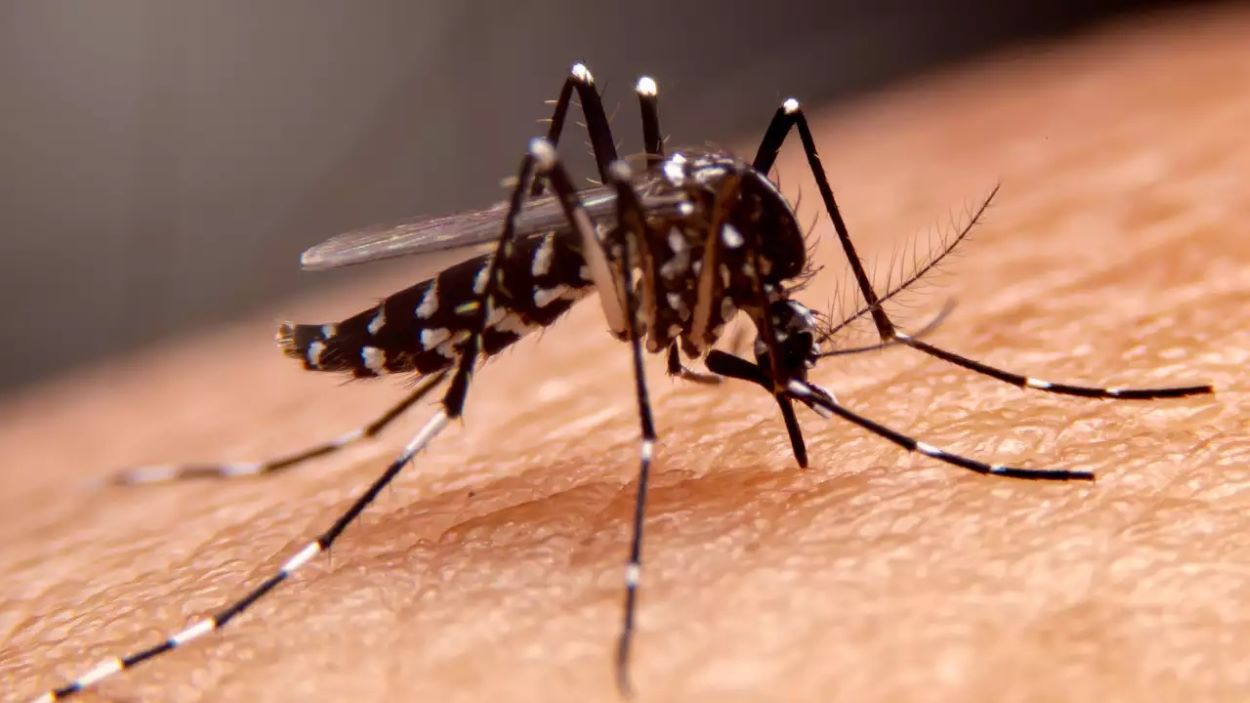Pakistan is grappling with a rise in mosquito-borne diseases such as chikungunya, dengue, Zika virus, and malaria, spurred by post-monsoon climatic conditions, urbanization, and inadequate sanitation, warn health experts and officials.
Health authorities are mobilizing in response to the World Health Organization’s Global Strategic Preparedness, Readiness, and Response Plan (SPRP), which calls for a global unified effort.
This year, there has been a spike in dengue cases in major Pakistani cities, including Islamabad, Lahore, Rawalpindi, and Karachi. By August 2024, the WHO had logged over 12.3 million dengue cases globally, with Pakistan particularly vulnerable due to optimal temperatures of 26 to 29°C and high humidity.
The Pakistan Meteorological Department (PMD) has identified that such conditions are ideal for the Aedes aegypti mosquito, the main vector for these diseases.
Efforts to Combat the Outbreak
The District Health Office in Islamabad has increased efforts to combat these threats by urging the public to eliminate stagnant water, a breeding ground for mosquitoes. Despite these measures, health professionals believe many cases go unreported. For example, over 150 dengue samples are tested daily in Rawalpindi alone.
Chikungunya is also spreading, with the National Institute of Health (NIH) reporting over 250 cases weekly. Yet, the actual numbers could be significantly higher due to the scarcity of PCR testing.
The recent discovery of Zika virus cases in Karachi has raised additional concerns. Zika is particularly dangerous for pregnant women as it can cause severe birth defects like microcephaly.
The WHO’s SPRP has outlined a comprehensive strategy involving emergency coordination, surveillance, community protection, scalable care, and enhanced access to treatments and vaccines. With dengue cases nearly doubling yearly since 2021, strengthening disease surveillance and vector control is essential.
This plan aligns with the WHO’s Global Vector Control Response and the Global Arbovirus Initiative, promoting innovative approaches to managing the spread of vector-borne diseases, especially in vulnerable areas like Pakistan.
Read: Sindh Health Minister Reports 140 Chikungunya Cases in Sindh
Factors such as unplanned urbanization and climate change have exacerbated the spread of these diseases in Pakistan, making densely populated cities particularly susceptible. The NIH is proactive, offering a helpline and issuing provincial advisories to maintain clean environments and eliminate mosquito breeding sites.
Health officials call for community cooperation in preventive measures, such as participating in fumigation efforts, using mosquito repellents, and removing stagnant water.
As climate change and urbanization continue, the risk of Aedes-borne diseases is expected to rise. Both global and local health authorities emphasize the urgency of action now, with every sector needing to contribute to safeguarding community health.






